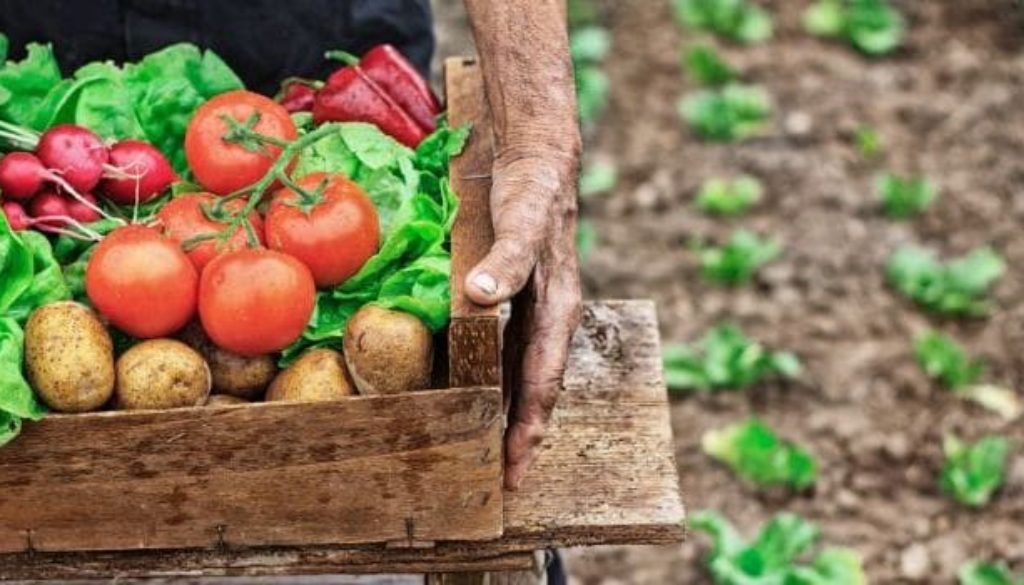What are the Benefits of Local Organic Food
The fundamental aspect to stay healthy when our diet is balanced, but at the same time involves a series of decisions that can change many things if we decide to prioritize organic foods.
List of Some Benefits We Get Consuming Organic Food
Advantages for those around us
Giving Privilege to local Organic Food on a daily basis is a choice with implications for our health, environmental, and social.
Regarding the benefits at the regional level, local consumption has a positive social impact. It translates, for example, into an occupation of agricultural lands, as they are revalued and exploited thanks to the support of the community at the time of acquiring them.
Going further, the local heritage is conserved, both physically and culturally, the agricultural landscape is preserved, and, in the case that the crops are also bio, the biodiversity of the area is encouraged.
Own production of food means jobs and a sense of belonging to a society that creates human, commercial, and exchange ties. They are values that go beyond the material and contrast strongly with the current trend of globalization.
Sustaining the local economy is an intelligent way to combat the depersonalization and lack of control over our own lives that come with globalizing models. In figures, the support to the local economy would be translated into a million-dollar injection of money and, above all, it would be constant, propitiating a sustained growth.
You can participate in their production by creating an ecological garden for self-consumption and/or bartering for farm products such as eggs or milk. Or, of course, also for sale in markets. You can do it in the same garden, or participating in the increasingly popular consumer groups.
The quality and freshness of our own fruits and vegetable bio or other local producers can not be compared with refrigerated products or from conventional agriculture. Organic foods have a more authentic flavor that you will love for sure.
Health benefits
Organic products may not look so wonderful because they usually don’t go through the factorization process where they try to make it look shiny. But, they are more genuine and healthy.
In addition, organic farming can offer us fresh products throughout the year. Rediscover seasonal products and adapt our kitchen to them is a way to connect with the environment.
The nutritional quality of local products is due to its greater freshness and not having to endure long journeys. Transport very often involves the application of ethylene control systems and, in general, prolonging their durability, which is not as healthy as they should be.
Faced with these artificial treatments, products intended for local consumption (or those produced by ourselves) offer unparalleled quality and freshness. Our health will greatly appreciate it, and also the palate.
Advantages for the environment
After the present exposition of the different advantages associated with the consumption of ecological local foods, the environmental advantages are easy to deduce. Some of them we have already mentioned, such as the promotion of biodiversity, landscape richness, minimal environmental impact, or, for example, savings in transport, with what this means when combating climate change.
Reducing the carbon footprint of avoiding such transport, which is costly for our pocket and also for the environment, is one of the main environmental advantages of consuming local organic foods.
If we want to improve this aspect, we can organize ourselves when buying and moving as little as possible. In this way, making more important purchases a smaller number of times, we will maximize the use of transport even within the local area. There are always ways to do a little more without costing extra effort.
Making homemade preserves to make the most of your own harvests or the good price of seasonal local foods is another way to have varied foods throughout the year without having to store foreign products.
Finally, buying in the market, in groups of consumption, or at the foot of the garden translates into less use of packaging. The usual in these cases is to use wooden boxes, rope, or wicker baskets to carry the vegetables, egg cups, or durable dairy, so we are reducing waste, saving a good little money, and, finally, doing a favor to the environment.
Conclusions
In fact, more and more people are interested in the influence of their lifestyle and acting as consumers in order to model the world around them.
If on the one hand, they are concerned about the quality of the food, its cultivation, or organic production, they are also aware of how much can be done individually to enhance local production of food.



